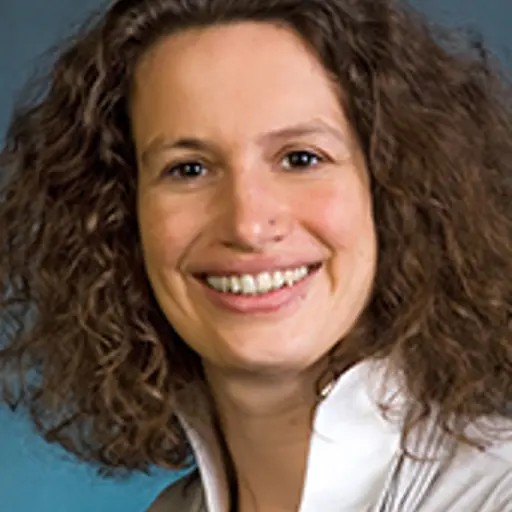
Janine Splettstoesser, Professor of Theoretical Physics at the Applied Quantum Physics Lab at MC2, is awarded the ERC Consolidator grant of two million euros for the project “NanoRecycle”, aiming to study opportunities to recycle waste heat in nano and quantum technology.
The good news was made official only a few days ago and for Janine Splettstoesser, who had been on the ERC's reserve list since January, the announcement still came as a complete surprise:
“It’s absolutely incredible! I’ve worked in the research field of quantum thermodynamics for several years, but this grant changes everything and gives me the possibility to fully focus on this project idea. Now I can hire three PhD students and a post-doc, which comes with completely new opportunities for bringing forward this research on waste-recovery in quantum and nanoscale devices,” says Janine.
The research grants from the European Research Council, ERC, are aimed at tackling major questions across all scientific disciplines. The Consolidator Grant is given to researchers with 7–12 years of experience since completion of PhD, a scientific track record showing great promise and an excellent research proposal.
Transforming waste into something useful
It was just over a year ago that the application for the Nano Recycle research project, dealing with quantum and nanoscale thermodynamics, was submitted. Slightly simplified, it starts from the idea that the “waste” left over from operations in nano and quantum devices can actually be transformed into something useful. And despite the fact that nano and quantum technology have promising potential to revolutionize the computers and communication technologies of the future, there is currently little research on novel ideas to improve their energy consumption. And this is where the fundamental research proposed in Nano Recycle comes into play.
“With the Nano Recycle project, we want to address this problem by proposing strategies to transform “waste” that these types of device operations leave behind on-chip. Typically, waste is often about dissipated heat. However, in the case of quantum components and nanotechnology, the waste has other properties based on being non-thermal and fluctuating or even having quantum properties. The purpose of Nano Recycle is to research how these very characteristic properties influence thermodynamic processes and to develop schemes that convert the waste into electrical power, cooling power, or other resources useful for further on-chip tasks,” explains Janine.
Contributing to energy-sustainable processes
The project's research team will be going forward focusing on capturing and quantifying the specific properties of the different types of waste and then try to increase the performance of the conversion processes. An important performance goal for such a conversion in small-scale devices is the precision of the output power, i.e., the suppression of power fluctuations, which becomes crucial for further on-chip use.
“Although the power obtained from this waste recovery is expected to be extremely small, the potential to contribute to energy-sustainable processes in the future lies in the possibility of using it directly for further on-chip tasks. In this way, one might be able to circumvent attenuation procedures that otherwise come with high losses, and which occur when large classical fields are brought down into the chip,” explains Janine.
And with the ERC funding in place, Janine is eager to get the project up and running for real.
“I am really excited to get this project started now,” she says.
- Full Professor, Applied Quantum Physics, Microtechnology and Nanoscience
